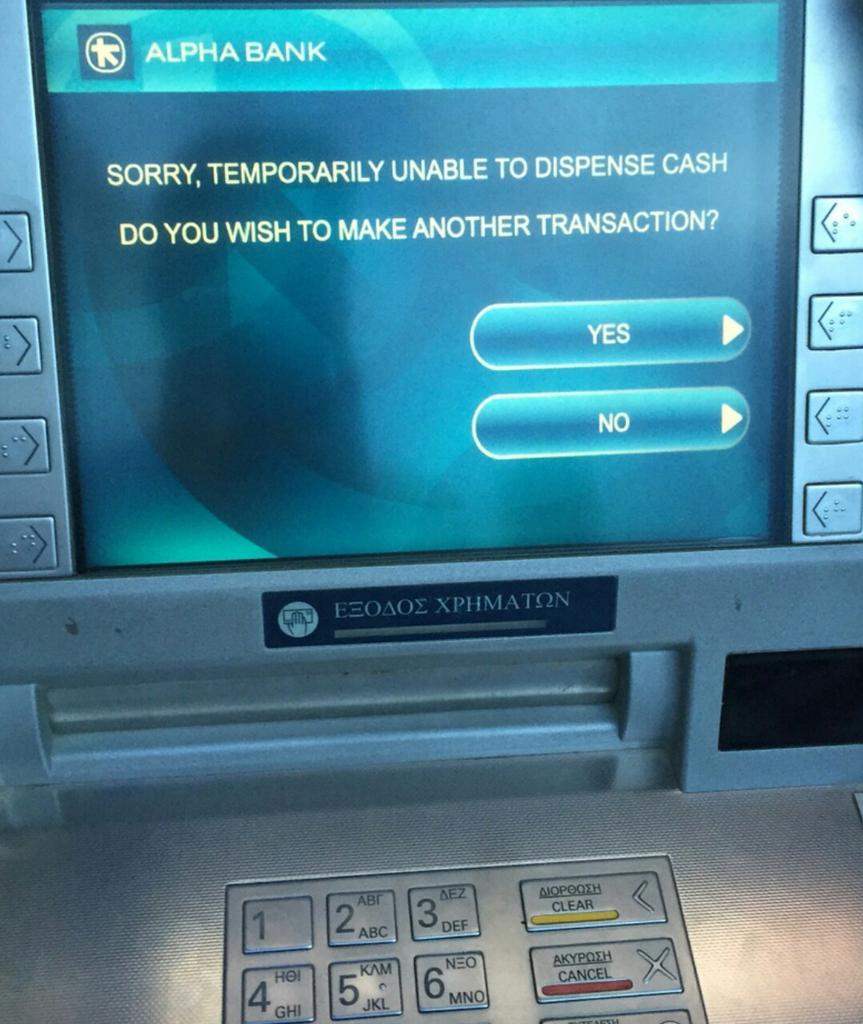Posted May 21:
May. 27th, 2018 06:09 pmMatt Levine posted an article Friday about "the venture-capital-subsidized perpetual-loss-leading user-growth-at-any-cost economy". It seems applicable to the dockless bikeshare business.
(As of this weekend, I count five companies with bikes on the ground here in Greater Boston: Ant Bikes, LimeBike, ofo, VBikes, and Zagster. One other operator, Spin, has announced they will be bringing bikes here soon as well.)
Note added today: There's quite a lot of underpants gnomes about the business model around dockless bikeshare. In its most irresponsible form, the model goes something like this:
(As of this weekend, I count five companies with bikes on the ground here in Greater Boston: Ant Bikes, LimeBike, ofo, VBikes, and Zagster. One other operator, Spin, has announced they will be bringing bikes here soon as well.)
Note added today: There's quite a lot of underpants gnomes about the business model around dockless bikeshare. In its most irresponsible form, the model goes something like this:
- Have lots of cheap bikes built, rentable with an app
- Dump them all over the place
- ...
- Profit!



